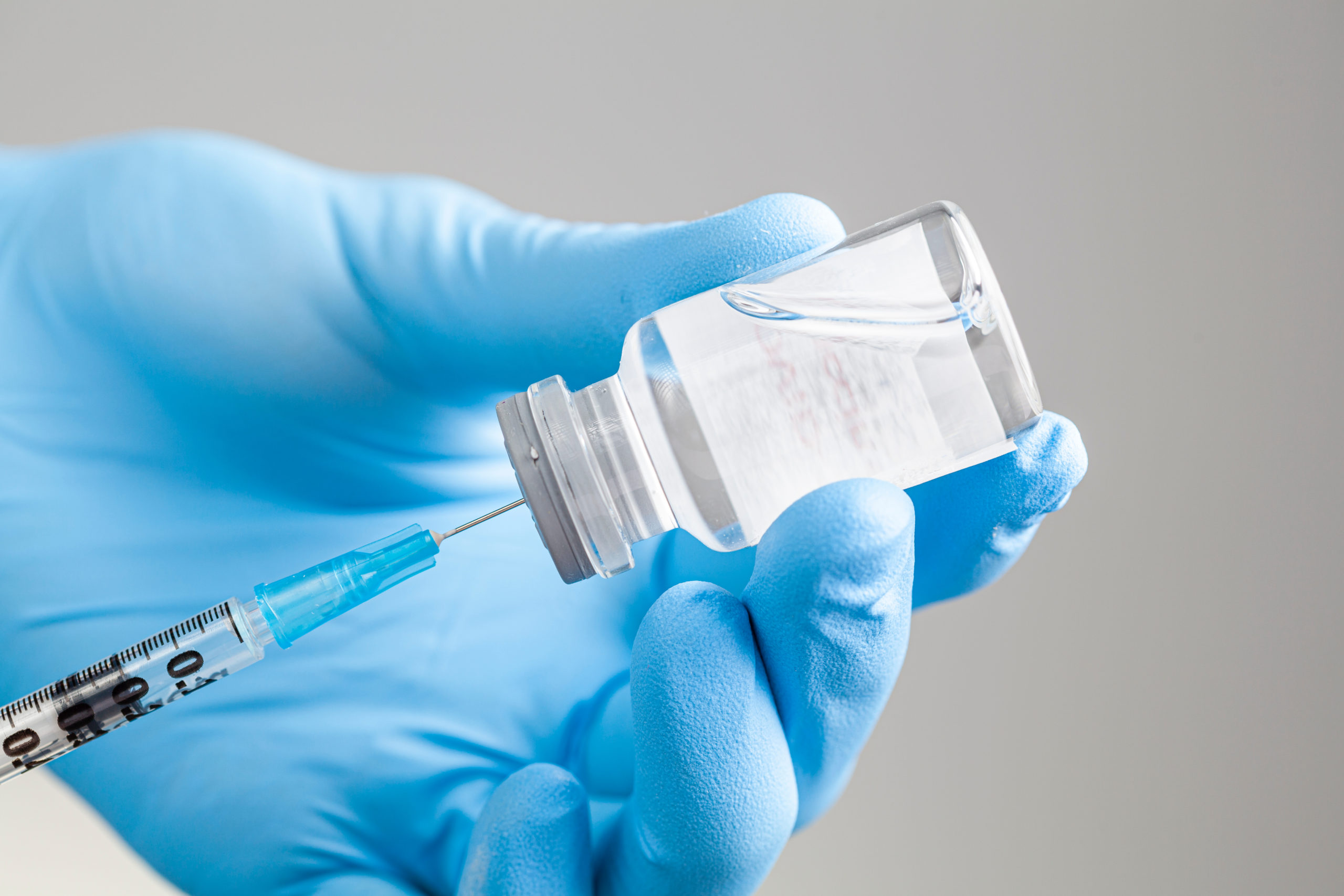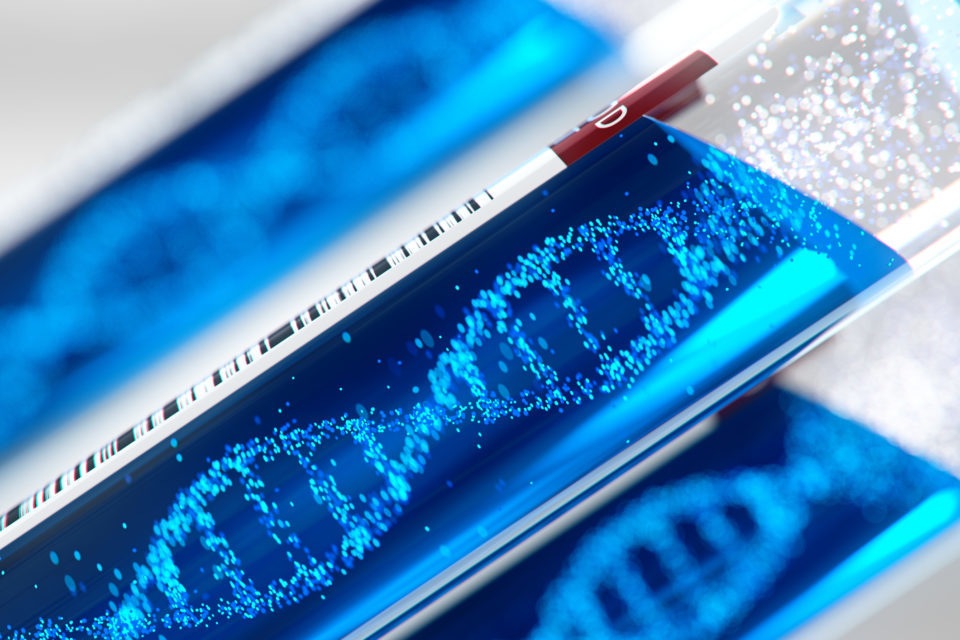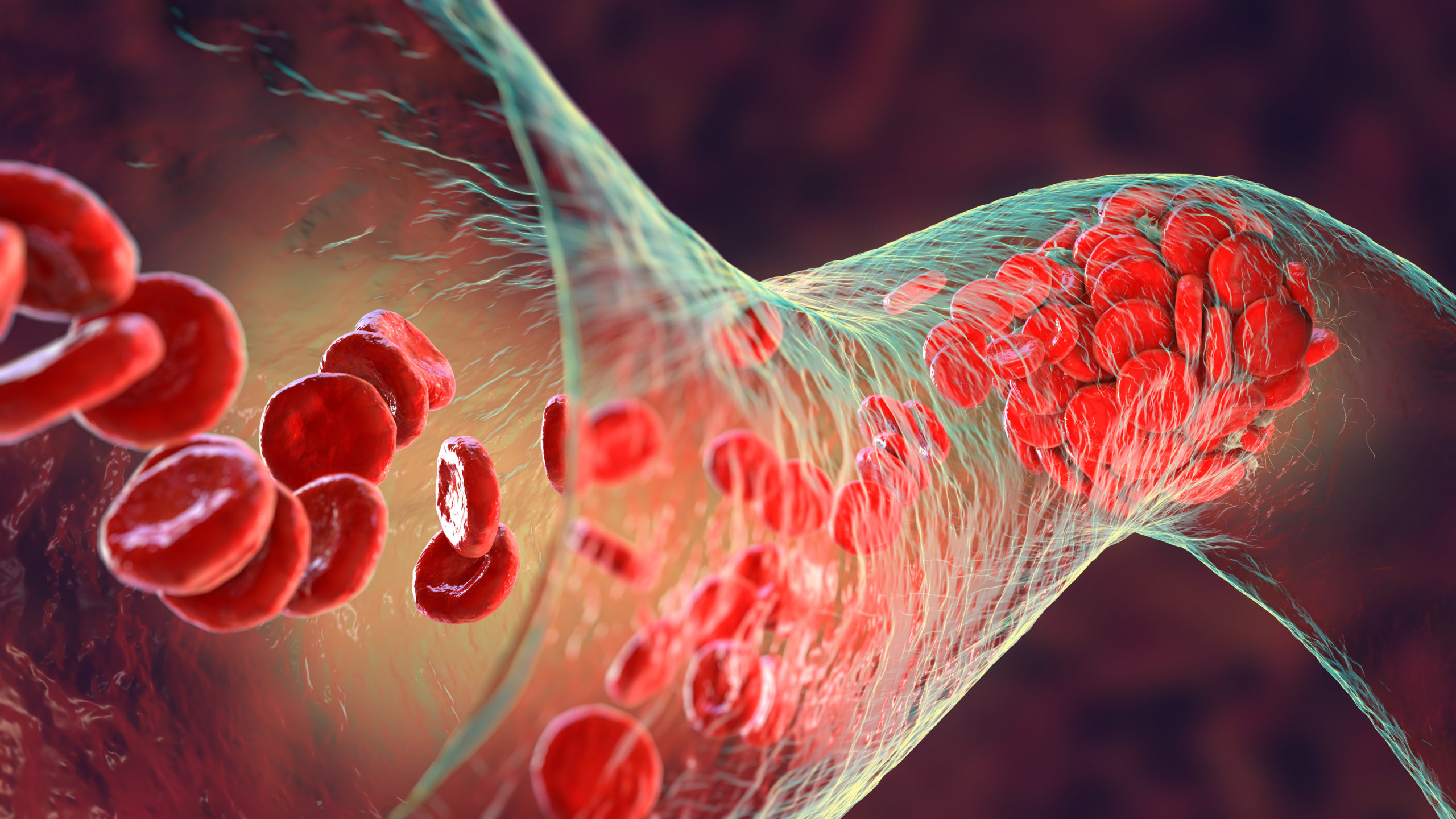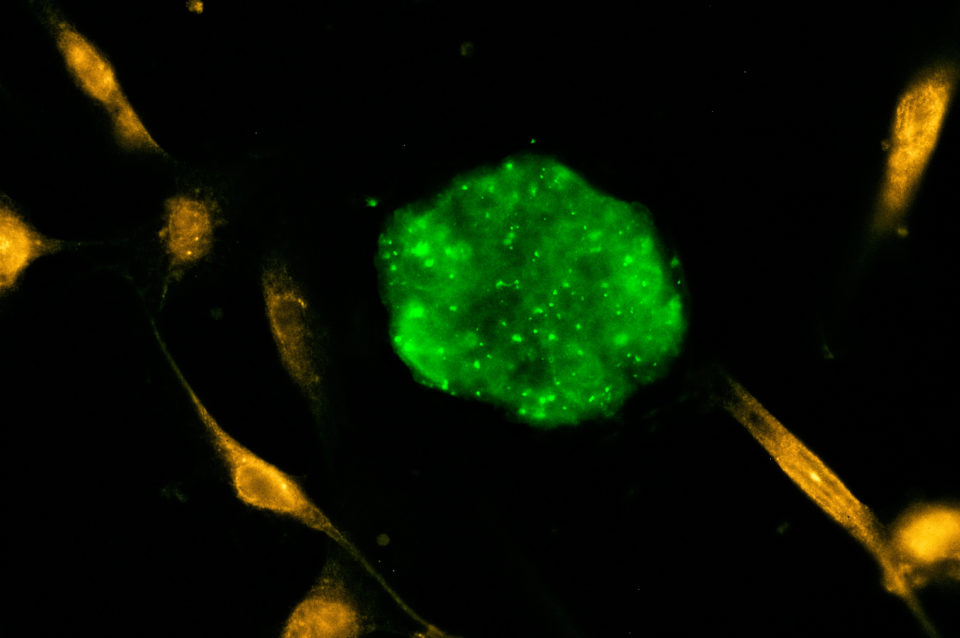
Desmopressin (DDAVP) appeared safe and effective for reducing bleeding in women with inherited bleeding disorders during pregnancy and delivery so long as “special attention” was paid to hyponatremia, suggested a systematic analysis published in the Journal of Thrombosis and Haemostasis.
Additionally, “DDAVP exposure during pregnancy seems safe for the child, especially during delivery,” wrote the study’s authors, led by, Wala Arashi, MD, of the University Medical Center Rotterdam in the Netherlands.
Desmopressin Appears Safe, Particularly During Delivery
The analysis included 53 studies encompassing 273 pregnancies. DDAVP was given during pregnancy in 73 women and during delivery in 232 women. Safety data were available for 245 pregnancies.
Researchers noted severe adverse events (AEs) only occurred in two (1%) patients, consisting of hyponatremia with neurologic symptoms. Further, DDAVP was given as monotherapy in 234 pregnancies, and was deemed effective in 82% (n=153) cases and ineffective in 18%.
Among 60 pregnancies with available outcome data after DDAVP was given during pregnancy, two (3%) children had serious AEs, consisting of one case each of preterm delivery and fetal growth restriction.
Among 232 deliveries, 169 had DDAVP exposure during delivery and 114 neonates had available safety data. Of these, two (2%) children had a moderate AE, including low Apgar score in one and transient hyperbilirubinemia that was not linked to DDAVP in the other.
Though Dr. Arashi and colleagues felt the analysis suggested DDAVP use was safe for the mother and child, they qualified that, “due to poor study designs and limited documentation of outcomes, a well-designed prospective study is still warranted.”
Reference
Al Arashi W, Romano LGR, Leebeek FWG, et al. Desmopressin to prevent and treat bleeding in pregnant women with an inherited bleeding disorder: a systematic literature review. J Thromb Haemost. 2024;22(1):126-139. doi:10.1016/j.jtha.2023.09.021







 © 2025 Mashup Media, LLC, a Formedics Property. All Rights Reserved.
© 2025 Mashup Media, LLC, a Formedics Property. All Rights Reserved.